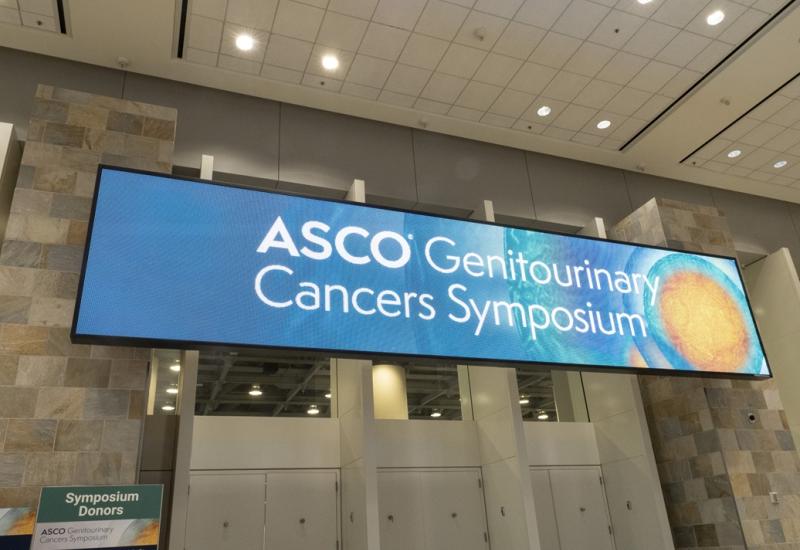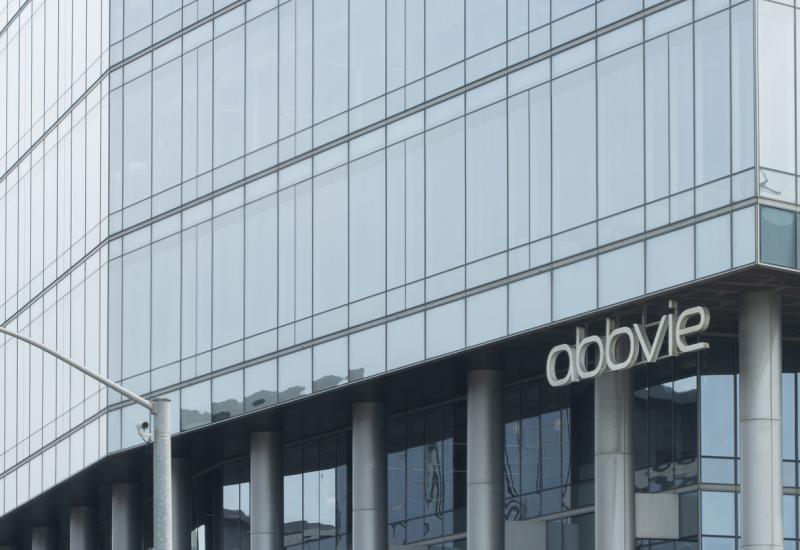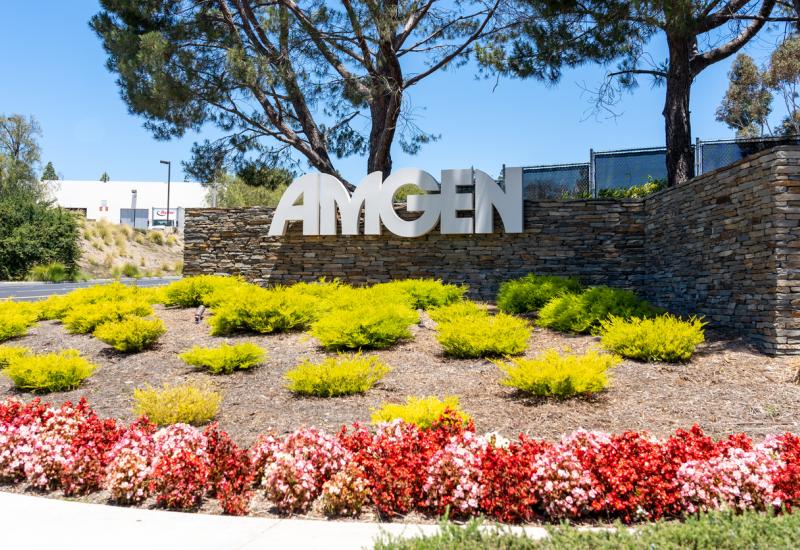
Crispr cans a next-gen project
The CD70-targeting CTX131 heads for the scrapheap.
The CD70-targeting CTX131 heads for the scrapheap.

Two years after Crispr Therapeutics shifted from first to next-generation allogeneic Car-Ts the company has abandoned one of those next-gen projects. The group slipped the discontinuation of CTX131, a CD70-targeting contender, into its third-quarter earnings release on Monday saying that, while phase 1 data were “encouraging”, it now plans to focus on “other programmes with the greatest potential for long-term value creation”.
One of these programmes might be the CD19-targeting Car-T CTX112, which is in a phase 1/2 trial in refractory B-cell malignancies, as well as being in development for autoimmune diseases. A “broad update” on this asset is due by year end, a delay from the previous timeline of mid-2025.
At last year’s ASH meeting CTX112 produced an overall response rate of 67% among 12 patients with various B-cell malignancies given different doses. On the face of it this looks a little lower, on a cross-trial basis, than response rates with autologous CD19 Car-Ts like Gilead’s Yescarta, Bristol Myers Squibb’s Breyanzi, and even allogeneic rivals like Caribou’s vispacabtagene regedleucel.
Patients in Crispr’s trial were heavily pretreated, but CTX112 will likely need to show something better to justify further development.
CTX112 isn’t listed among this year’s ASH abstracts, although the late-breakers have yet to be announced.
Any better?
Both CTX112 and CTX131 were supposed to represent an improvement over Crispr’s first-gen contenders, CTX110 and CTX130, by virtue of including extra edits, namely of Regnase-1 and TGF-β receptor type 2, with the aim of enhancing potency and reducing T-cell exhaustion.
However, in the case of CTX131 this clearly hasn’t led to enough extra activity to get Crispr excited. The project was being studied in phase 1/2 trials in both solid tumours and blood cancers, but no data have yet been reported.
Other CD70 Car-T contenders include Allogene, which at ASCO saw a 31% confirmed ORR in CD70 ≥50% expressing renal cancer with its allogeneic contender ALLO-316.
However, allogeneic Car-T has been falling out of favour, with in vivo Car-T now the hot area for development, most recently attracting Bristol Myers Squibb to the deal table.
Crispr also said in its third-quarter release that it was developing an in vivo Car-T programme for both oncology and autoimmune indications, although it didn’t give any more details. Given the group’s in vivo editing work in other areas, the real surprise here is that it’s taken so long.
Crispr Therapeutics’ oncology pipeline
| Project | Description | Status | Note |
|---|---|---|---|
| CTX112 | Allogeneic CD19 Car-T | Ph1/2 in r/r B-cell malignancies; data at ASH 2024: ORR 67% (8/12) | Update on CTX112’s regulatory path due YE 2025; 1st-gen CD19 project CTX110 abandoned |
| CTX131 | Allogeneic CD70 Car-T | Ph1/2 in r/r solid tumours; ph1/2 in r/r haematologic malignancies | Abandoned Nov 2025; 1st-gen CD70 project CTX130 abandoned |
| RPCAR01 | Autologous GPC3 Car-T | Ph1 in GPC3-expressing liver cancer to begin Nov 2025 | Collab with Roswell Park Comprehensive Cancer Center |
Source: OncologyPipeline & company presentations.
2292













